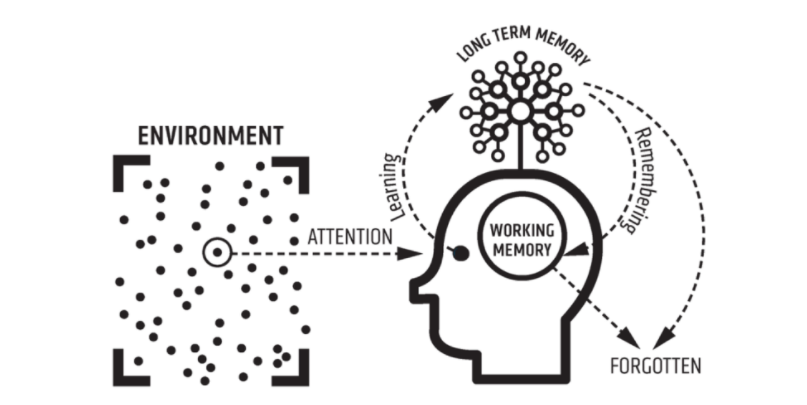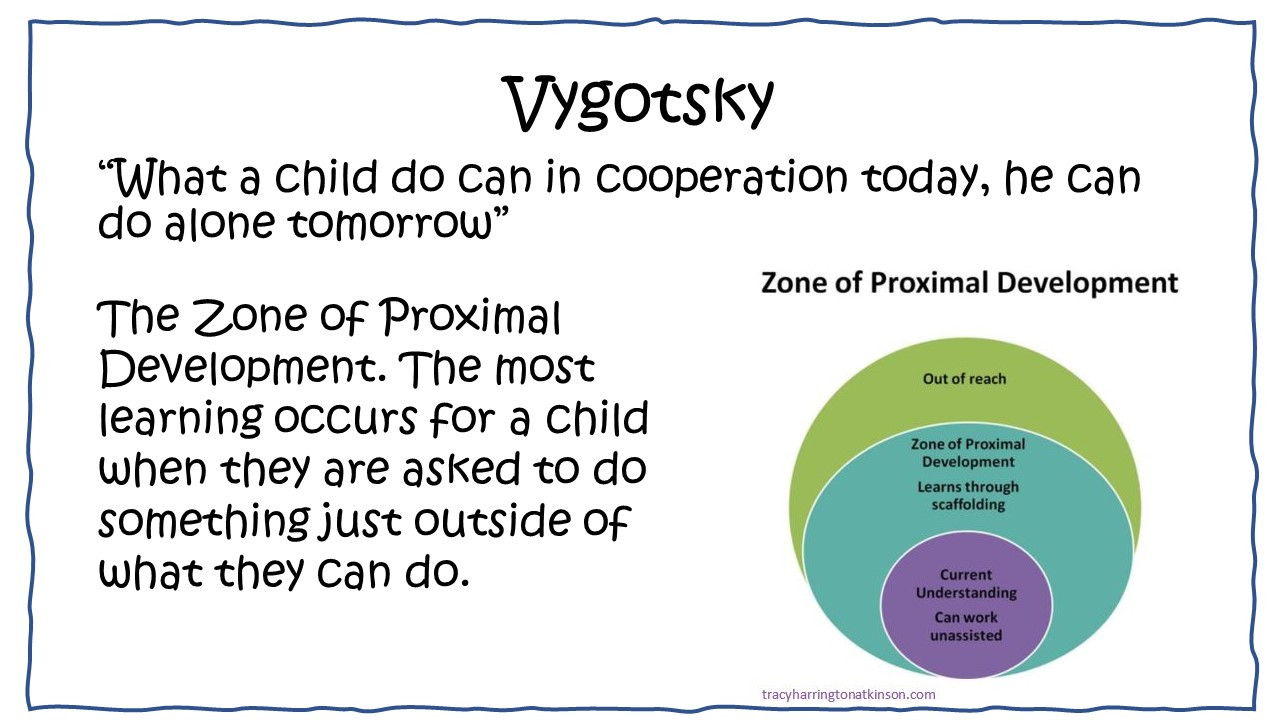Retrieval and Long-Term Memory
What is Retrieval Practice?
Retrieval practice is a strategy used to bring prior knowledge and learning into the mind. By deliberately recalling information, pupils boost their learning by pulling out previous knowledge to make deeper connections between new learning and concepts.
Why is it important?
Every time a child recalls learned information from their memory (with little to no support) they make stronger connections. When information is retrieved or an answer is generated, the original memory becomes stronger and easier to access in the future.
When does it happen?
Through quality first teaching, pupils are provided with frequent, regular and brief opportunities to rehearse and remember previously taught information and materials. Every time a child retrieves a memory it becomes more deeply embedded and is easier to access in the future when applying it to new learning.
Knowing More, Remembering More at Newton St. Cyres School
At Newton St. Cyres, we recognise that learning is complicated so it can be useful to use conceptual models to help understand and discuss it. A powerful concept is the idea that we organise ideas, knowledge, the things we learn, in patterns of connected information called schema.
Schema building is at the heart of this diagram by Oliver Caviglioli
 Remembering is a label for a wide set of processes that involve drawing on our memory of things we know or have experienced; it doesn’t only mean the simple act of conscious factual retrieval. This concept, used as part of CPD to staff recognises the careful planning behind our curriculum to ensure that learning is taught in blocks with retrieval opportunities used alongside. If we think too reductively in terms of simple knowledge inputs and simple knowledge outputs, we’re likely to be missing huge swathes of the warp and weft that enable us to form sound schema for the concepts.
Remembering is a label for a wide set of processes that involve drawing on our memory of things we know or have experienced; it doesn’t only mean the simple act of conscious factual retrieval. This concept, used as part of CPD to staff recognises the careful planning behind our curriculum to ensure that learning is taught in blocks with retrieval opportunities used alongside. If we think too reductively in terms of simple knowledge inputs and simple knowledge outputs, we’re likely to be missing huge swathes of the warp and weft that enable us to form sound schema for the concepts.
Stretch and Challenge
 It is crucial that ALL students fulfil their potential. We know that children do best in classrooms where the work is intellectually challenging. Such work will involve the child exercising both cognitive and metacognitive skills. Vygotsky's zone of proximal development research inspires our stretch and challenge opportunities; we aim to support and challenge pupils to ensure that they are continuously learning.
It is crucial that ALL students fulfil their potential. We know that children do best in classrooms where the work is intellectually challenging. Such work will involve the child exercising both cognitive and metacognitive skills. Vygotsky's zone of proximal development research inspires our stretch and challenge opportunities; we aim to support and challenge pupils to ensure that they are continuously learning.
Alongside our growth mindset principles which underpin classroom practice at Newton St. Cyres, children enjoy the challenging nature of the classroom. We align Vygotsky’s principles with those of James Nottingham, using his learning pit and Eureka moment as key drivers in a successful classroom.
Supporting Children by Developing Long Term Memory
What is Long Term Memory?
Working memory is the cognitive function that enables conscious mental processing or real time thinking – this has a limited capacity. Long-term memory refers to the storage of information over an extended period. This type of memory is stable and can last a long time.
Why is it Important?
Long-term memory plays a vital role in daily life, allowing you to build a foundation of information that allows you to live your life. If the ability to store and retrieve information is poor, wrong conclusions and wrong answers will result. Overall, long term memory is the ability to both store and recall information for later use.
What is Cognitive Overload?
Cognitive Load Theory provides an explanation of how pupils absorb new information. Our memory has a limited capacity to learn and it is very easy to overload with new information. Whilst designing our curriculum we have used this theory to help sequence how new subject information is delivered to pupils and carefully plan and deliver the new learning in components as we realise this can vastly alter learning outcomes.

